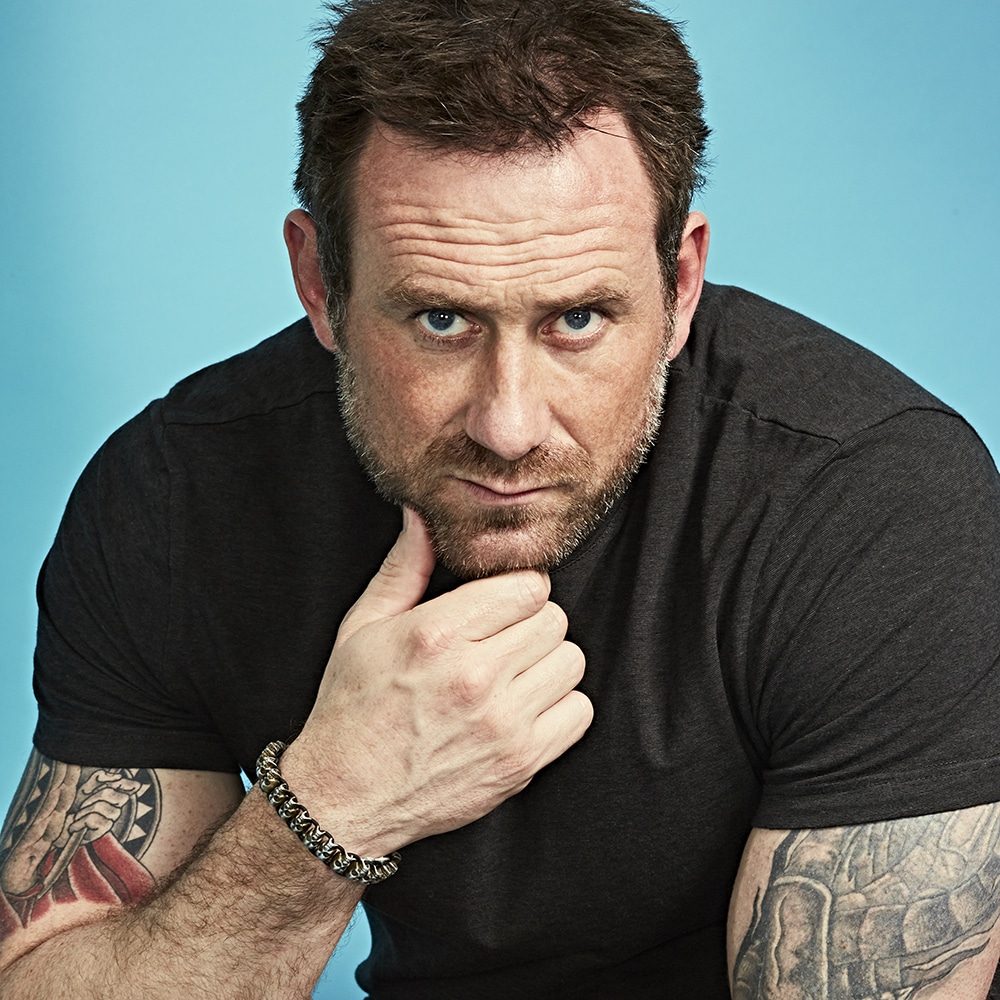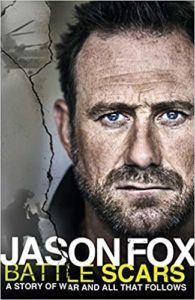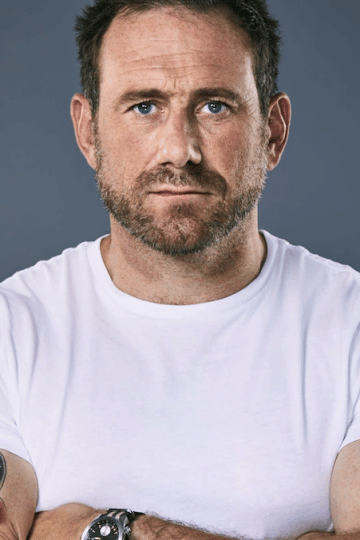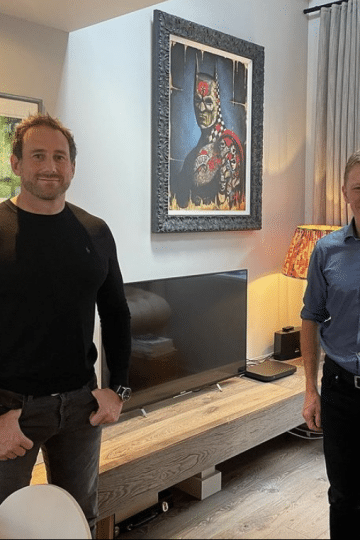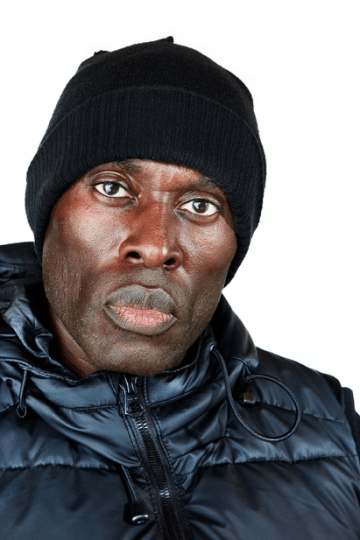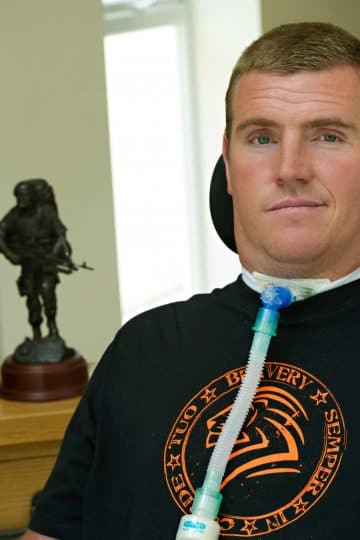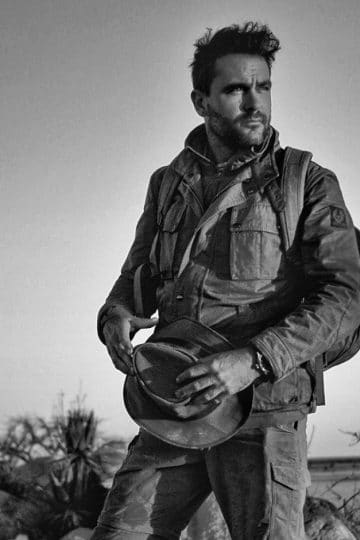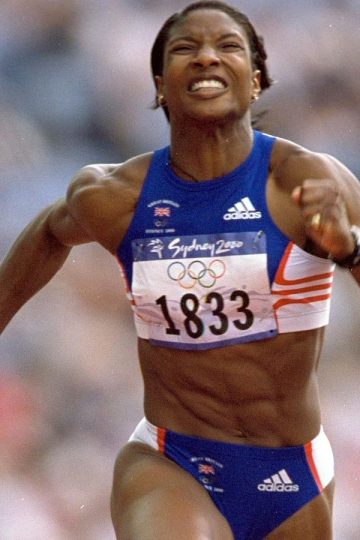Jason Fox on Confidence
Jason Fox
Jason Fox writes on the nature of confidence: how to instil it in yourself and your team, and why it takes a process of pressure to become a "diamond person".
Why confidence matters (if it’s the right kind)
The first thing about confidence is to be aware of what real confidence is. It’s not about trying to be overly confident and displaying it for other people, which can border on egomania. It is far better to be quietly confident – this is one of the best attributes you can have, particularly when it comes to team building through trust.
Team confidence comes from individual confidence – if you’re working with a team, you want them to be constantly striving for a good result, which means you all have to operate outside your comfort zones. This is where confidence is necessary, otherwise you won’t push yourself or them to achieve. If you want to become successful you have to find confidence in yourself so it goes into the team. If you’re truly confident, you’re going to give people trust and autonomy which brings better results.
What confidence is built on
Confidence is built on how you react to failure. It is also built on an element of gambling. Not gambling money but being able to push yourself outside what’s comfortable. If you have the balls to push out from your comfort zone things won’t go well straight away but you will learn quickly, and by retaining a flexible mindset those uncomfortable situations will become comfortable. And when you come out the other end, it gives you confidence.
Learning about situations before you go into them is important. Training. This means you have to theoretically read up on stuff or practically train to do it.
It builds confidence because you then know what you’re doing when the proverbial hits the fan. You know you have dealt with it before in a similar way – it will at least give you something to call upon.
In the armed forces there’s a phrase used when it comes to training: Explanation, Demonstration, Imitation, and Practice. If you go through those principles then you are prepped for doing any task. I did 30 weeks of recruit training because there was so much to learn before you go into operational jobs. But it’s better to make your mistakes in training than in real life. Time in training never wasted.
Firemen, nurses, the police, are constantly training so that it’s second nature to do their work. It’s about keeping up to speed.
Encouraging confidence in others
A lot of that is man management and understanding individuals so you can nurture confidence. Sometimes you have to spend more time with individuals to break down what they’re not confident about and help them through it. It can be about adopting a slower place, showing them their progress and rewarding them with a simple “well done, look what you’ve done”. Acknowledge that someone’s progressing even if it’s at a slow pace. Don’t have a pop at them if they’re slow – we’re all different, and it’s about nurturing someone to find their talent. You’ll often find that those people who took a long time to get there become specialists in their fields because they had to concentrate more. They had to knuckle down to get to the next level, which can actually produce real experts.
Dealing with the past
A lot about confidence comes from your background, and what your parents were like. If you were constantly put down by your parents because of their own insecurities you may well have grown up unconfident. Kids who were strong at school because they were good at sport, for instance, can be quite confident people because they were held in respect at an early age.
However, none of it is set in stone. It’s about how you then move forward in your life.
If you’re not feeling good about yourself
The first thing is you have to want to feel good about yourself. We’ve all been in low places, but when you think back to how you got out of it, you’ll see that you must have wanted to get out of that slump. There was a desire to start moving forward. The initial stages are mindfulness: what do you want to achieve? What do you want to do? Then it’s about taking a leap of faith. To build confidence you have to have the minerals at some point to say: “I am going to learn to do something – and then do it.”
Diamonds are built under pressure. Layers and layers of pressure. To become a diamond person you have to put yourself under pressure. You can’t just think “I’m going to be confident,” you have to make a leap of faith, you have walk into the arena.
Fake it till you make it
Faking it can be about taking that leap of faith. When you blag your way through something, you’re showing faith in yourself. It’s a great human trait, it can be a real positive.
Certain situations do call for it, definitely. If you’re a CEO in a board meeting, you have to remain calm and look confident and collected because there are others looking to you. Fear can become contagious and as a leader you have a responsibility to stop that happening. You have to emanate an air of confidence even if it’s going pear-shaped. It’s the old duck analogy about paddling like mad beneath a calm surface.
In my Drug Lords documentary, even though in lot of the moments I was thinking, “This is scary,” I had to remain calm.
Be that un-phased character. Keep that flexible mindset. If things go wrong don’t go into a flat spin – remain confident.
How to pick up a low team
I’ve worked with dysfunctional teams before. Not so much in the military, but when I left and went into corporate job I found the team was fractured. There was no work ethic, nor motivation, which produced low confidence. They needed things clearing up, an understanding of what needed to be done – they weren’t being led. You need good leadership to give direction and set parameters, and to make sure everyone understands what they’re doing. You have to stop the fracturing to create a good working space.
The most confident person I’ve met
The most confident person I’ve met is my dad. He was my only role model as a child, and even this to this day actually. He’s not bolshy but he knows that everything he does, he does to the best of his ability. And he rarely gets something wrong.
He’s a very confident person who has kept learning throughout his life, building all this experience which is still continuing into his 60s.
I remember one time he really impressed me as a kid. We were driving home from somewhere and passed a building site with all these little diggers on it, and there were loads of kids vandalising them. My old man pulled over and got out and bollocked them in a stern but nice way. He asked them what they doing, and what the consequences would be for the men who worked there. Eventually the kids held their heads in shame, cleaned up some of the mess and walked off.
My dad had the confidence to build a rapport and manage the situation.
To conclude: self-respect
This is all about self-respect: you want to understand who you are and be proud of yourself.
My new book ‘Battle Scars’ is out now priced £10. Published by Bantam Press 2018 and is available to buy below.
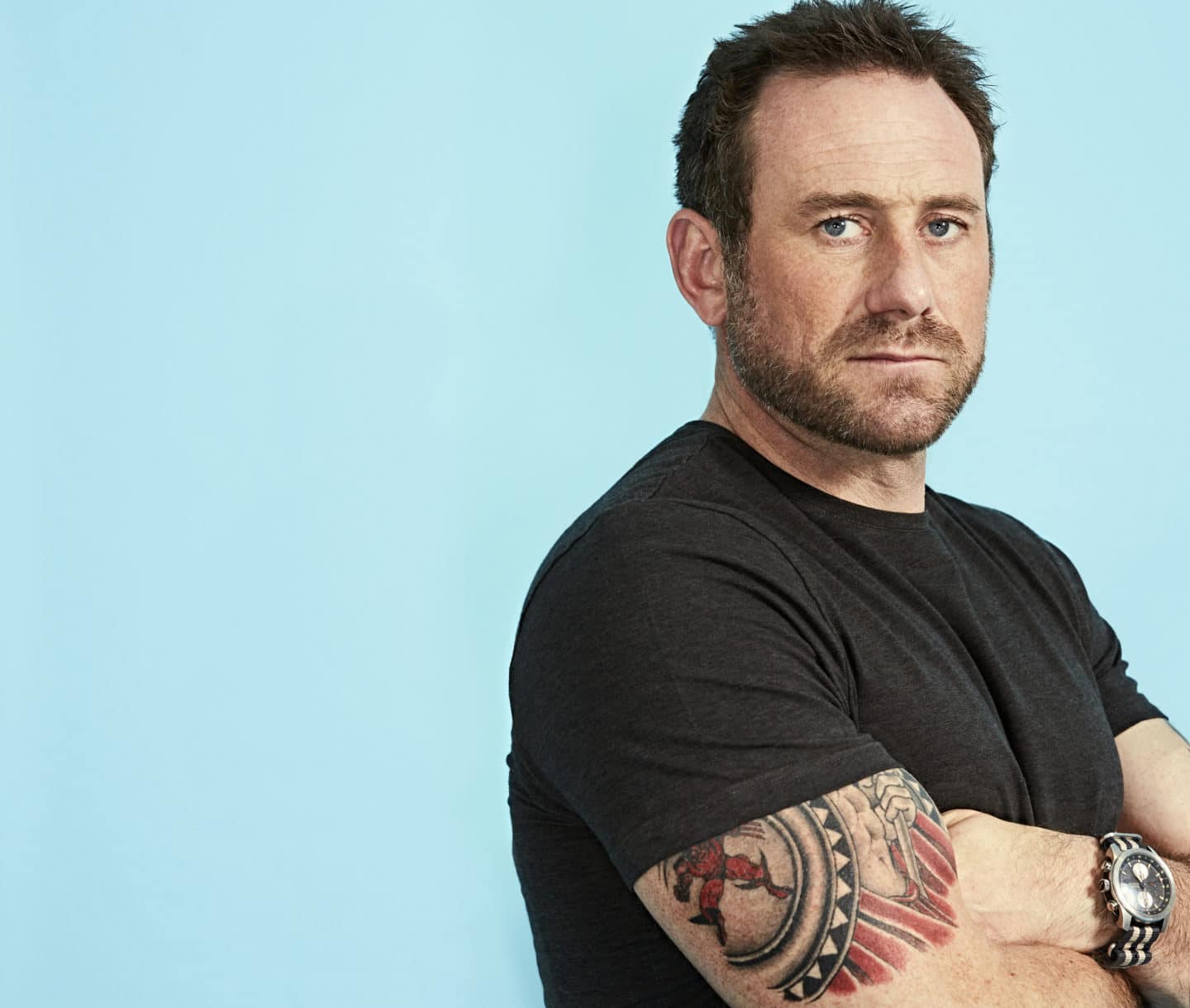
Read Foxy First
Sign up to our daily newsletter to ensure you don't miss Jason's columns...

Join The Book of Man
Sign up to our daily newsletters to join the frontline of the revolution in masculinity.




